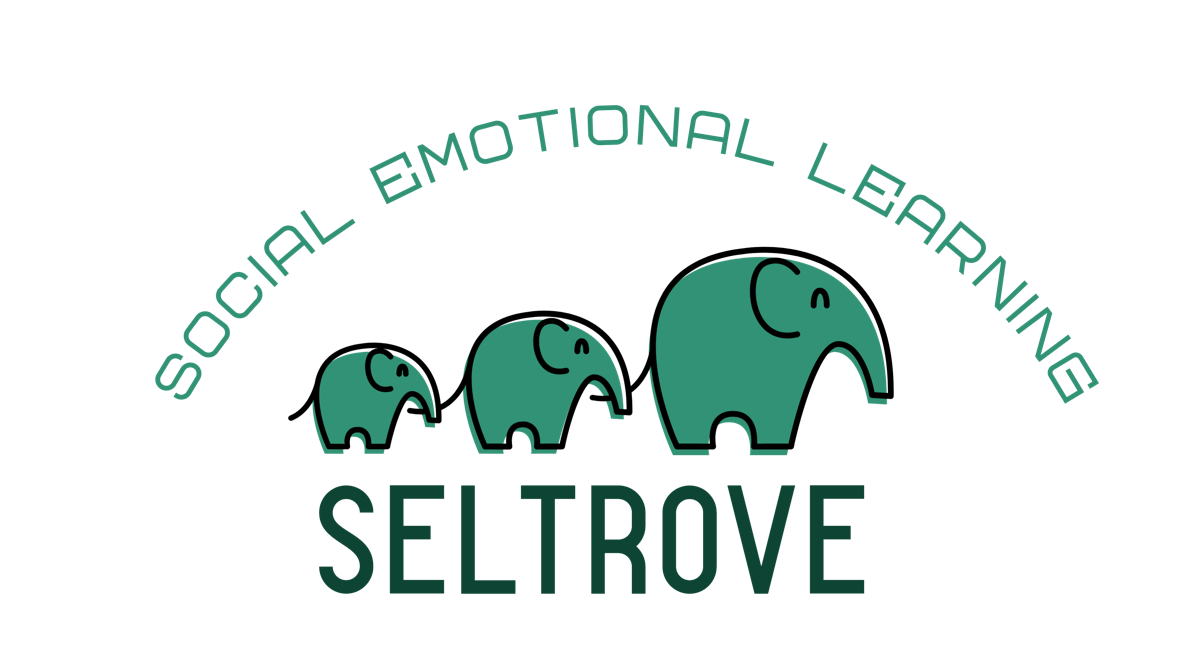- Once students realize that their nervous system is built for survival and not compliance, they can better understand how they can unintentionally get themselves in trouble.
- After they understand that their nervous systems are built for survival, they can develop a deeper understanding of why that does not (and cannot) get them out of trouble.
- They can then leverage their understanding of stress and survival responses to notice warning signs and develop skills and habits that will allow them to slow down, regulate, and get to a place where they can think clearly and make good choices.
- Last but not least, they can be empowered with an understanding of neuroplasticity so they know that they are not “stuck” in any particular way of being.
Empowering students with a basic understanding of brain science can help students go from “there’s something wrong with me and I’m broken” to “this makes sense even though it isn’t working for me and I can do something to change it.”
More Teacher Tools
To learn more about SEL and brain science, subscribe to our SEL and the Brain Workshop in the SEL Foundations Bundle. Find out more about this bundle here.
Write your awesome label here.
More SEL Teacher Workshops
Identity Workshops
Focus on teaching and supporting your students as they navigate their identity, explore their emotions and develop self-management skills
Equity Workshops
Investigate how your school can become more equitable for all students by creating SEL-aligned learning environments and teaching philosophies.
Well-Being Workshops
Learn how to teach students about their own well-being including trauma-informed teaching practices and decision-making skills.
Community Workshops
Support your students as they navigate tough social situations and create healthy relationships.
Student SEL
Classroom-Ready Curriculum
Find no-teacher-prep SEL curriculum for your Kindergarten through 12th grade students with the Seltrove student planners! Learn more about our planners here.
Write your awesome label here.
